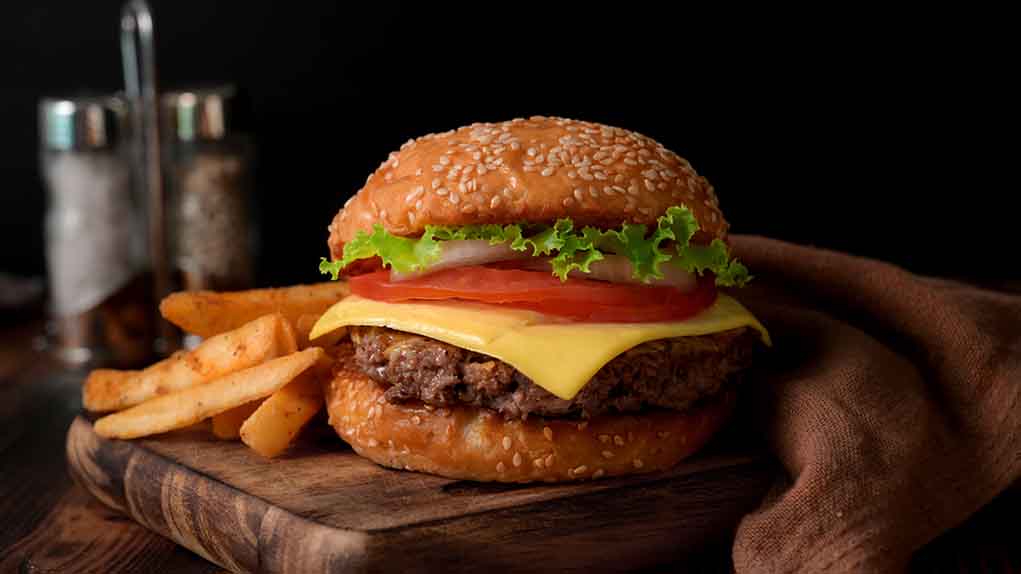
Your brain—yes, that three-pound wrinkled walnut in your head—can actually burn fat for fuel, shattering a scientific dogma older than disco and setting the stage for a revolution in how we think about brains, diets, and maybe even dementia.
At a Glance
- Scientists have proven the brain can use fat, not just sugar, for energy—overturning a century of consensus.
- This discovery links fat metabolism in the brain to neurological health and disease.
- Findings could spark new treatments for conditions like Alzheimer’s and epilepsy.
- Textbooks and medical guidance may soon need rewriting as this research shakes up neuroscience.
The Century-Old Myth: Why We Thought Brains Only Loved Sugar
For decades, brain science textbooks have preached that neurons are sweet tooths—utterly dependent on glucose, the simple sugar, for every spark and synapse. Early 20th-century studies saw that neurons lacked the key enzymes to break down fat directly, making glucose the only game in town. Sure, scientists grudgingly admitted that during starvation or when chugging a ketogenic shake, your brain could run on ketones—a byproduct of fat—but only as a backup generator when sugar ran dry. As a result, the brain-as-glucose-junkie myth became medical gospel, cemented in everything from nutrition advice to neurology exams.
Disproving Dogma: How the Brain Uses Fat as Fuel https://t.co/rwmygkiFba https://t.co/rwmygkiFba
— Jeff Robinson, CEO and Chairman of $MRES and $RLAB (@contrariansmind) July 26, 2025
The plot twist? Recent years have seen a flurry of studies suggesting the story is more complicated. Glial cells—those long-ignored sidekicks of neurons—were caught storing and tinkering with fats, especially under stress. But no one had proved that neurons themselves could tap into fat stores, at least until a team at Weill Cornell Medicine decided to throw a scientific wrench into the works.
The Experiment That Changed Everything: How Brains Burn Fat
In July 2025, Dr. Timothy A. Ryan and Dr. Mukesh Kumar dropped a bombshell in the pages of Nature Metabolism: When neurons fire intensely, they can trigger the breakdown of lipid droplets—tiny balls of fat—right inside the brain’s own cells. This generates energy on demand, especially when glucose is scarce or the brain is under heavy metabolic stress. The researchers identified the DDHD2 gene as the control switch for this process. Mice lacking this gene built up fat in their brains and developed neurological symptoms, linking fat metabolism directly to brain health and disease.
Dr. Ryan summed up the shock: “The long-standing dogma that the brain doesn’t burn fat” is no longer tenable. Dr. Kumar, his postdoctoral partner in scientific crime, added that it’s only logical for such a high-energy organ to have backup fuel options. Suddenly, the brain is looking less like a sugar addict and more like a metabolic MacGyver, able to burn whatever fuel is handy when the going gets tough.
Why This Matters: From Ketogenic Diets to Alzheimer’s
So what’s the big deal if your brain can munch on fat? For starters, this could explain why ketogenic diets—high in fat, low in carbs—help some people with epilepsy and perhaps other neurological or psychiatric conditions. If your neurons can tap into fat stores, then manipulating this pathway could open new doors for treating diseases where energy supply in the brain goes haywire, like Alzheimer’s, Parkinson’s, and even severe depression.
Medical institutions and biotech companies are already licking their chops at the prospect of new drugs or dietary interventions. Meanwhile, clinicians and researchers are revisiting everything they thought they knew about brain energy. Is it time to update “you are what you eat” to “your brain thinks with what you eat”?
The Debate: Is Fat the Brain’s Backup or Secret Weapon?
Not every scientist is tossing their glucose models in the recycling bin just yet. Some experts point out that while astrocytes (support cells) can turn fat into ketones for neurons, direct fat burning by neurons themselves remains a hotly debated topic. The DDHD2 gene discovery is powerful evidence, but skeptics want more proof that the same thing happens in humans, outside of a lab-induced crisis.
What is clear is that brains are more metabolically flexible than anyone thought. Several studies now show that during fasting, infancy, or high-energy stress, the brain’s cells can switch fuels as needed. For patients with neurological disorders or those seeking to optimize brain health as they age, this opens up new hope—and a new frontier for research.
Looking Ahead: The Fat-Fueled Brain Era?
What started as a scientific heresy just a few years ago is now poised to become mainstream wisdom. Textbooks may need rewriting, and neurologists may need to reconsider how they understand—and treat—brain diseases. Whether you’re a diehard keto fan, a sugar enthusiast, or just someone who wants to keep your brain humming into your nineties, the message is clear: This is only the beginning of the fat-fueled brain era. The next chapters? They’re being written in labs—and maybe in your own kitchen—right now.
Sources:
Weill Cornell Medicine, “Fat May Play an Important Role in Brain Metabolism,” July 2025
Food for the Brain, “Is Fat the Best Brain Fuel?” March 2023
Stanford Medicine, “Pilot study shows ketogenic diet improves severe mental illness,” April 2024
PMC, “Energy Metabolism and Brain Aging: Strategies to Delay …,” April 2025

















